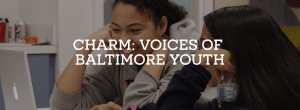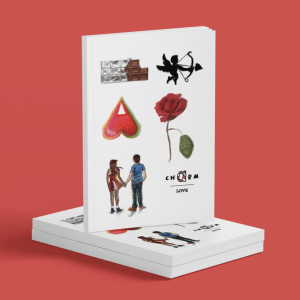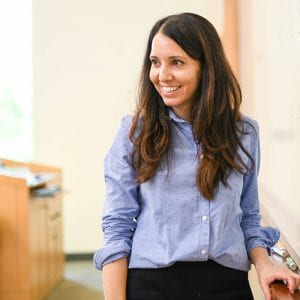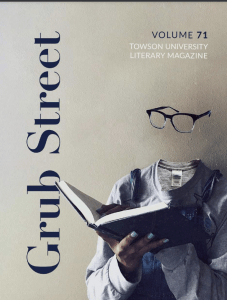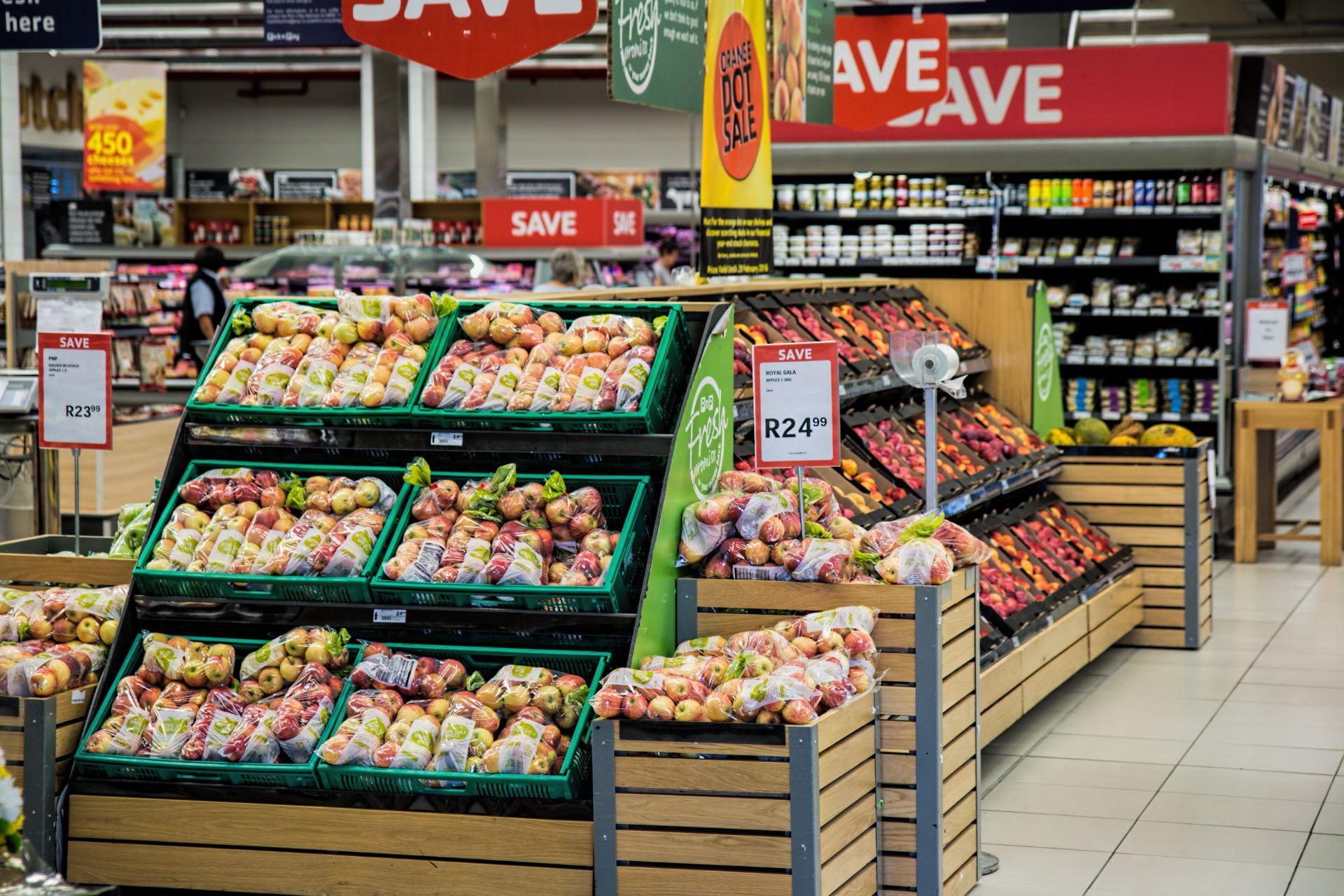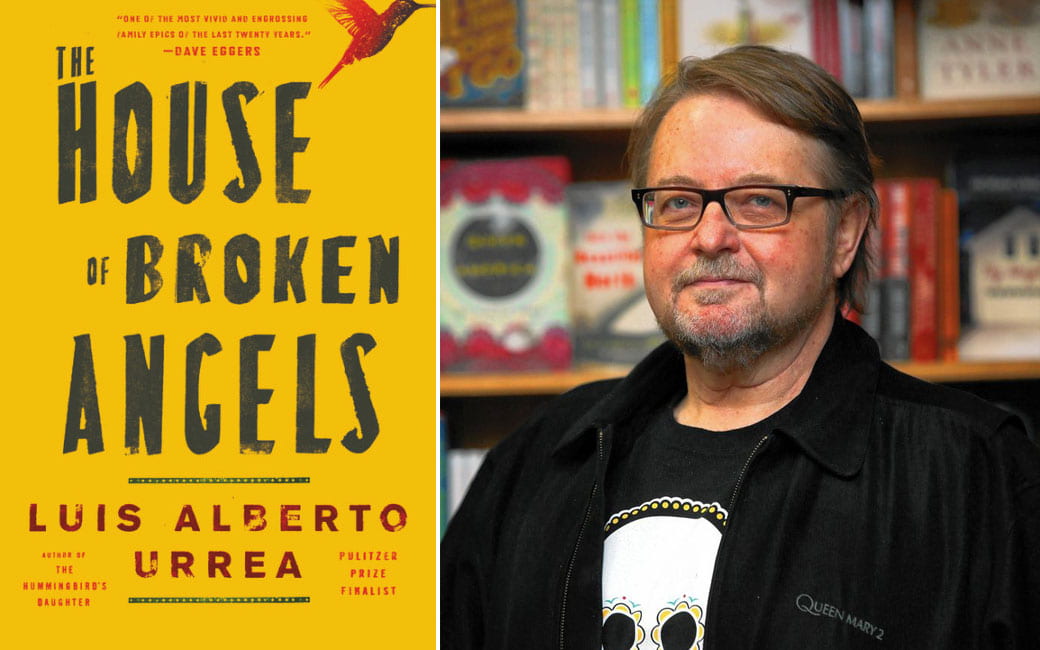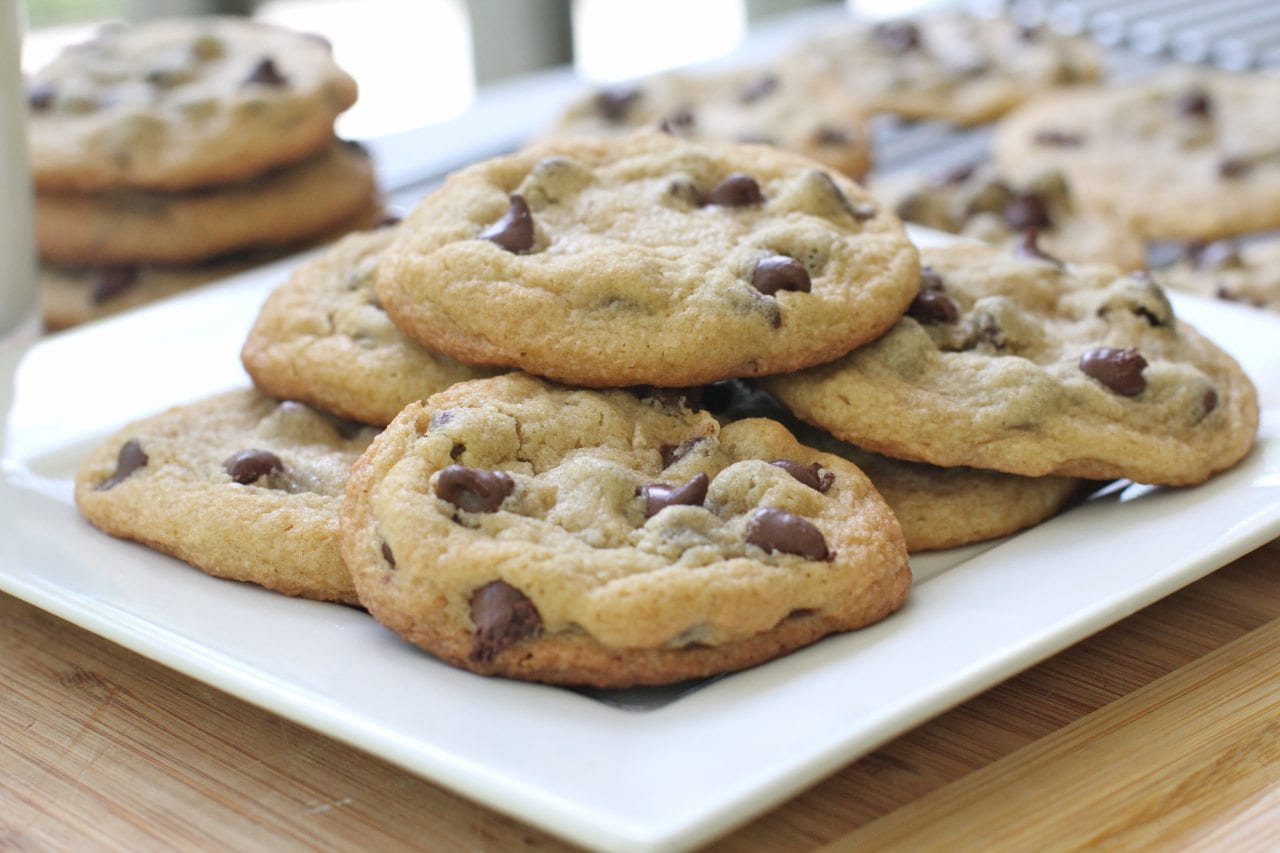By: Kaitlin Marks, Managing Editor
Before this whole thing became real, a tangible threat that sent us home and closed down Disney World and stole breath and lives, people made jokes about buying plane tickets and being invincible.
In my Monday night class, a girl scrolled through flights on her laptop. “If it’s only going to hurt old people and kids with weak immune systems, I’m buying a cheap flight.”
Another kid joined in. “Yeah, it sucks for them, but this is just going to take out those people, so I don’t really care that much. I’m still going to go to California for spring break.”
I looked down at my highlighted notes on family resources and almost imperceptibly shook my head. The words “only” and “just” suggested that those lives don’t matter. I had a sinking feeling that as bad as that outcome clearly would be, this wouldn’t end with the old or immunocompromised.
When school shut down, I thought about how this invisible thing could reach everyone.
When the university announced that the rest of the semester would be spent at home, I knew I wouldn’t mind the actual being at home, but I definitely have minded the way my thoughts start whirling.
It almost reminds me of waves. Whenever I’m stressed, the ocean always calms me down. But now, waves of stress, doubt, fear, anxiety, sadness, grief roll over and threaten to upheave everything I hold close. I watch the news and have to cut myself off because it all becomes too much.
I go to the grocery store with my mom and sister. We assign roles so nothing gets cross-contaminated: I hold the phone we use to scan items and avoid checkout lines or interactions; Lindsay, who wears gloves, picks up the items for me to scan and places them in the cart; my mom, who also wears gloves, pushes the cart. We don’t cross lines. We follow the rules we’ve set for ourselves. We fear every breath, every passing shopper who steps too close. At this point, the state is under a stay-at-home order. There have been deaths, cases are practically doubling each day, and things are rapidly looking apocalyptic. And yet, as my sister and I sidestep to avoid the older couple in the meat aisle, we hear them scoff. They say things like “Idiots believing in this whole hoax” and “I would never be stupid enough to get that disease.” I watch them touch their faces, touch the cart, pick up and put down items, wander much closer than six feet. My sister and I slowly get angry. We walk away. We know this is going to last because people aren’t listening. We fear how long it might last. We try to make the best of it.
Days themselves feel normal by now.
____________________
{April 8th}
Donald Trump talked about reopening the country “with a bang.” Last week, he described his goal of “packed churches” on Easter. Someone on the news today said we shouldn’t politicize the virus. I think it’s impossible not to pick apart politics when lives are being thrown away, when people are suffocating when that fate is avoidable, when we’re focusing on economics and political candidacies instead of the rising numbers daily.
Today was the day with the highest death toll yet. Almost 2,000 American people died from COVID-19.
Tonight, now alone in my room, I find myself thumbing through my old journal, the one I wrote in during my freshman year and sporadically since, but not in a long while, the one with the rose gold cover and lettering that’s about half full (notice the half full—there by intention). I don’t write in my journal about the death toll, or about COVID-19 at all, really, even though I can. Instead, I fill a page with one of my “happy lists,” the giant lists I love to write of every single thing—big and tiny—that made me feel joy, even for an instant. It feels familiar to write this list. It feels out of place to do so in spite of the world collapsing outside. It’s hard to see that reality when I spend a whole day out in the sun with the dogs, reading and studying and sunbathing, and then cook a meal my family loves, and then go outside and have a bonfire, smoke trailing up to the stars. When I look up at the stars, it’s easy to forget about the previous day’s worries, anger, and fear. I feel weightless. I feel boneless. I feel like myself, even if only for an instant.
____________________
{April 12}
On the day before Easter, I spend the evening stress-baking away the week’s news announcements and anxieties and worrisome predictions. My mixer whirls ingredients into yellow cupcakes—I create DIY cake flour with the regular kind and some cornstarch, and add in sour cream to make them tender and fluffy—and before I divide the batter into the yellow and pink pastel liners in the tin, I toss a few handfuls of pastel sprinkles into the batter on a whim. Later in the afternoon, when my parents and sister come in from splitting wood in the backyard, my mom gasps: “you made funfetti?” I tuck the moment away.
After dinner, around 9:30 p.m., I tell my dad about the plan for the cupcakes as he joins me in the kitchen, eager to help. I also make homemade Oreos, and he rolls the dough into a log for me, checking every few seconds to make sure he’s doing it right. I whip up chocolate icing. He does the dishes. We both taste leftover bits of dough and swipes of frosting from the bowl. I frost the first cupcake with a plastic piping bag and a tip that makes little lines, creating a little chocolate bird nest. Dad does the rest, swirling the frosting as I nestle three little pastel-colored Cadbury chocolate eggs in the center of each. I focus on getting the placement just right. I focus on how it feels to finish the last one and lean back on my heels, neat rows of cupcakes on the tray reminding me that some things are normal, after all (note: my hands are covered in chocolate icing, my dad is covered in icing, my sister asks me to squeeze icing from the piping bag into her mouth for a laugh, all is messy and well). I focus on planning for tomorrow, on trying to create joy for someone, for myself.
____________________
{April 13}
Easter Sunday—a day of light, a day of hope. People across the country wake up and try to create magic for their little ones as they scatter colorful, treasure-filled eggs through living rooms and playrooms and backyards.
Today, at breakfast—we have French toast—my dad explains that he’s sad about what’s going on in the world, and hates that people are sick with this, but that he’s grateful for the time with us and the memories we are making. I feel the same.
I have little prizes from when I was in charge of my after-school mentorship program at the elementary school—tiny squishy chicks and bunnies, candy, fluffy little duck figures from the craft store, pencils with fun animal and food erasers—but we donated our plastic eggs a few years ago. Our neighbor does what I asked in my late-night message from the night before: traipses up the hill to our house, dog on his leash in hand, and deposits two (unopened) packs of plastic Easter eggs in a planter on our front step.
My mom and sister and I stand around our kitchen table filling the eggs with little treats, making colored construction paper signs to hang on our fence posts with sayings like “hop this way” and “eggs ahead!” (Note: I just mistyped “hop this way” as “hope this way,” and now I’m thinking about how that is just what today felt like.)
We get on the golf cart to make things go faster—me on the backseat with a pink basket filled with eggs, tape in hand, mom and Lindsay in the front pointing to spots that would be perfect for hiding—and start creating the trail of eggs. We tape the signs we made to fence posts surrounding the field.
We’re deciding how many eggs to drop along the outside of the fence when neighbors who don’t speak to us approach.
We say hello.
They do, too.
This sounds normal, but for these people who have so much hate for anything outside of their bubble, it’s not. When we were really little, the parents suddenly decided that my younger sister and I were a “bad influence” on their three children. For a while, their kids would sneak out to the corner where our yards met, where they could chat with us, shaded by the trees. Eventually, they got caught, we stopped meeting, and I haven’t spoken to them since. I often wonder about how they’ve grown up. I wonder if they wish things had been different. I wonder who they are now.
Anyways, the present-day neighbor-parents and my mom and sister and I are standing in my driveway conversing. We tell them what we’re doing, how we’re creating an Easter event for our (favorite) neighbors who have Charlie (who is 5) and Sophia (who is 2), and they actually smile, exclaim how wonderful it is, reminisce about the good old days when their kids were little and they would hide eggs. That moment shines for me as a highlight of this whole mess. They walk away, and stunned a little by that simple, kind, human encounter, we turn back toward creating Easter magic for our favorite little kids next door.
____________________
{April 14}
Every summer, for three years now, I spend a week volunteering as a counselor with PALS, a nonprofit that creates immersive experiences for young adults with Down Syndrome and their peers to create transformative friendships and build a more inclusive world. In short, it’s the most magical period of time I get to experience every year—it’s the thing that brings me more joy than anything else in the world. This summer, I was supposed to be roommates with one of my favorite friends from camp, Alana. I was making plans for matching outfits and playlists for getting ready early in the morning at camp. Today, the directors sent out an email saying that all of the camps scheduled throughout the summer are canceled.
My counselor friends and I text as we cry. There’s a pain—in knowing you won’t get a week where everyone is included, accepted, and celebrated—that I can’t describe.
Prior to this day, I’ve handled all of the things I’ve learned would be canceled with acceptance. Losing the rest of an in-person school semester, visits with friends, visits with family, the launch party for Grub Street, knowing that my 21st birthday will most likely take place in quarantine, losing planned beach trips and business trips my mom and I were supposed to take—none of it stung like losing PALS.
But I understand why they had to do it.
Beyond the logistics surrounding camps that normally take place on college campuses, and volunteers flying from around the country, there is a heavy layer of fear surrounding the entire disability community.
People with Down Syndrome sometimes have heart problems. They sometimes have diabetes, and they get leukemia at much higher rates. Some people with Down Syndrome are in perfect health, and some have to fight underlying problems.
Before the virus started, I had already learned the horrific truth that individuals with DS or other disabilities in some states in the United States can be denied life-saving organ transplants (even as babies and children) because those governments don’t see their lives as worth living.
Every single individual with Down Syndrome that I have met has—and deserves—a valued, worthy, amazing and joyful life. People with DS and other intellectual differences have jobs. They go to college. They have friends. They participate in sports, bake for their communities, run businesses, and achieve their dreams. They are the most wonderful people you could possibly be privileged enough to know.
And yet.
And yet. I can barely fathom having to write about this, but I need to talk about it.
And yet, people with Down Syndrome and other disabilities can (legally, in some states) be denied life-saving care if they contract COVID-19, even if they have a perfectly fulfilled life.
Every time I read about this, my eyes burn, my spine tenses, and my hands start to tremble. I have a physical and visceral reaction to the level of injustice this harbors.
Amy Silverman of The Arizona Star reports on early state COVID-19 response preparedness plans. She writes:
Some state plans make clear that people with cognitive issues are a lower priority for lifesaving treatment. For instance, Alabama’s plan says that ‘persons with severe mental retardation, advanced dementia or severe traumatic brain injury may be poor candidates for ventilator support.’ Another part says that ‘persons with severe or profound mental retardation, moderate to severe dementia, or catastrophic neurological complications such as persistent vegetative state are unlikely candidates for ventilator support.
In a world where the word “retard” should never even be used, let alone applied to the rationing of medical equipment, this took my breath away. I thought it would be the worst thing I’d read.
I was wrong.
Silverman goes on to describe the ambiguous, and thus even more frightening, plans in other states. She writes:
Other plans include vague provisions, which advocates fear will be interpreted to the detriment of the intellectually disabled community. For instance, Arizona’s emergency preparedness plan advises medical officials to “allocate resources to patients whose need is greater or whose prognosis is more likely to result in a positive outcome with limited resources.” Between a person with cognitive difficulties and a person without them, who decides whose needs come first?
When lives aren’t seen as valuable, we risk throwing away people who have strengths and opinions and dreams, the same as everyone else. We risk ignoring capability, choosing the obvious solution, refusing to see the truth about what a fulfilled life looks like. We risk creating a section of history that someday, people will look back on with horror. When we decide that someone isn’t worth saving because they might be a little different, we become something unimaginably cruel. We tighten the confines of what it means to be a human by drawing a line between a valuable and worthless person. We cannot allow discrimination like this to take away people who have capabilities beyond what we see when looking in from the outside. People with disabilities are not broken. Our society is broken for seeing them as such.
My throat is tight as I write this.
I cry as I write this.
____________________
I wonder. I look up. I tilt my head back until my ears almost touch the surface of the water, until all I can hear is the bubbles, until all I can see are the stars and the moon and the smoke rising from the embers of the fire up on the hill. At this moment, the turning stops. Everything shudders to a quiet, restorative lull. I’m not thinking about ifs or whens, but I’m thinking about writing, something I haven’t been able to touch since the whole thing began. I spent the whole day baking, coaxing butter and brown sugar and vanilla and flour into something that makes my family smile. I tell my mom it’s therapeutic. I think that it’s because it demands attention. You can’t create a perfect pastry dough if you’re worried about statistics running across a screen. You can’t whip frosting into smoothness when your mind is filling your body with dread. You can’t write words when you can’t stop thinking, what if this is it? How does this end?
After my morning shower, as I smooth body butter over my skin and pull a cream-colored sweater over my head, wet hair dripping onto my shoulders, I notice that the twitch in my eye that’s been happening for a week now is back, and worse yet, it’s the whole side of my face. Google tells me that it could be sleep deprivation, eye strain from being on screens too much, an overload of stress, seasonal allergies. I have all four of the options going on, so I don’t know what the cause is, but does it matter? Clearly it’s a product of circumstance. Maybe we’re all just a product of circumstance.
A girl I know writes an Instagram caption about this being a trauma, about our bodies responding in unpredictable, unfortunate ways, about grief and our right to feel the pain of the things we’ve lost. I think about balance, about how I can be so productive some days and so fixated on darkness the rest. How can I feel happy, content, relaxed on nights like tonight, sitting under the moon with the ones I love most, sipping cold water as sparks crackle off the logs in front of us, but other times, feel on the brink of something—the pit in the stomach, the eye twitch, the feeling of tears ready to spill at a moment’s notice, the shaking hands?
I think about the trauma caption, and I try to focus on ways that I feel lucky. I’m lucky to have a family I love, that provides and takes care of me and is cautious. I’m lucky we have a yard that’s huge and green and we can go outside and breathe without fear. We have groceries and I cook almost every night and challenge myself to new recipes. We have game nights and Netflix binges, golf cart rides and bonfire nights. This new normal is like a reflection of our past normal, the normal of summers and Sundays where things felt perfect. The difference, I guess, is that undercurrent of electric worry humming beneath the air, lingering in every happy moment. The anxiety I feel creates knots I can feel.
Tonight, at least, I feel melted, boneless, weightless. I slide under the covers smelling like fire and chlorine, my hair still tied in a bun and wet against the pillow, and my little black rescue puppy curls up against my stomach, and I’m writing this while the noise machine on my nightstand plays storm sounds, and all feels okay. Writing makes me feel whole. I’ve been terrified to write creatively, focusing instead on checking off assignments and articles to be published and job applications and internship applications instead of letting my mind wander, for fear that the wandering would lead to the darkness. I think—I hope—that the wondering, the wandering, is leading me to something else. Something like hope, an open window, a breeze.
